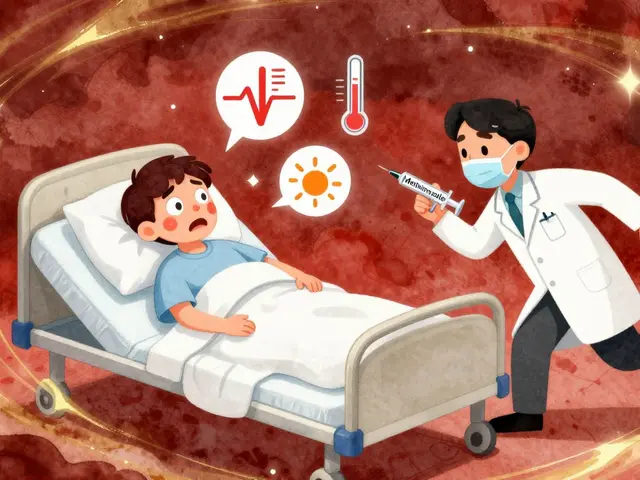
Anal Itching: Causes, Fixes, and What You Need to Know
When you feel that persistent anal itching, a common but often ignored symptom affecting the skin around the anus. Also known as pruritus ani, it doesn’t mean you’re unclean—it’s usually a sign of something specific going on under the surface. This isn’t just discomfort; it can ruin sleep, make sitting painful, and leave you embarrassed to talk about it. But here’s the truth: millions deal with it every day, and most cases have clear, fixable causes.
One of the biggest culprits is hemorrhoids, swollen veins in the rectum or anus that leak mucus and irritate surrounding skin. They’re not rare—about half of adults will get them by age 50. Then there’s pinworms, tiny parasitic worms that lay eggs around the anus at night, triggering intense itching. They’re common in kids but spread easily to adults. Other triggers include sweat buildup, harsh toilet paper, leftover stool after wiping, fungal infections like yeast, and even certain foods like coffee, spicy dishes, or citrus. Some medications, especially opioids that cause constipation, can make things worse by increasing irritation from straining or hard stools.
What you do—or don’t do—after using the bathroom matters a lot. Scratching gives quick relief but damages the skin, making the itch worse over time. Drying too hard with rough paper or using scented wipes can add fuel to the fire. Moisture is the enemy here, but so is dryness. The key is gentle cleaning, patting dry, and keeping the area as dry as possible. Over-the-counter creams help, but only if you’re treating the real cause. If it lasts more than a week or comes with bleeding, pain, or lumps, it’s not just irritation—it could be something needing medical attention.
You’ll find real stories and clear advice in the posts below. Some break down how opioid side effects like constipation can lead to anal irritation. Others compare treatments for skin conditions that mimic itching. You’ll see what works for pinworms, how to manage hemorrhoids without surgery, and why some so-called "miracle creams" do more harm than good. No fluff. No shame. Just what actually helps.
-
17 Oct







